Top Four emerging job roles in AI
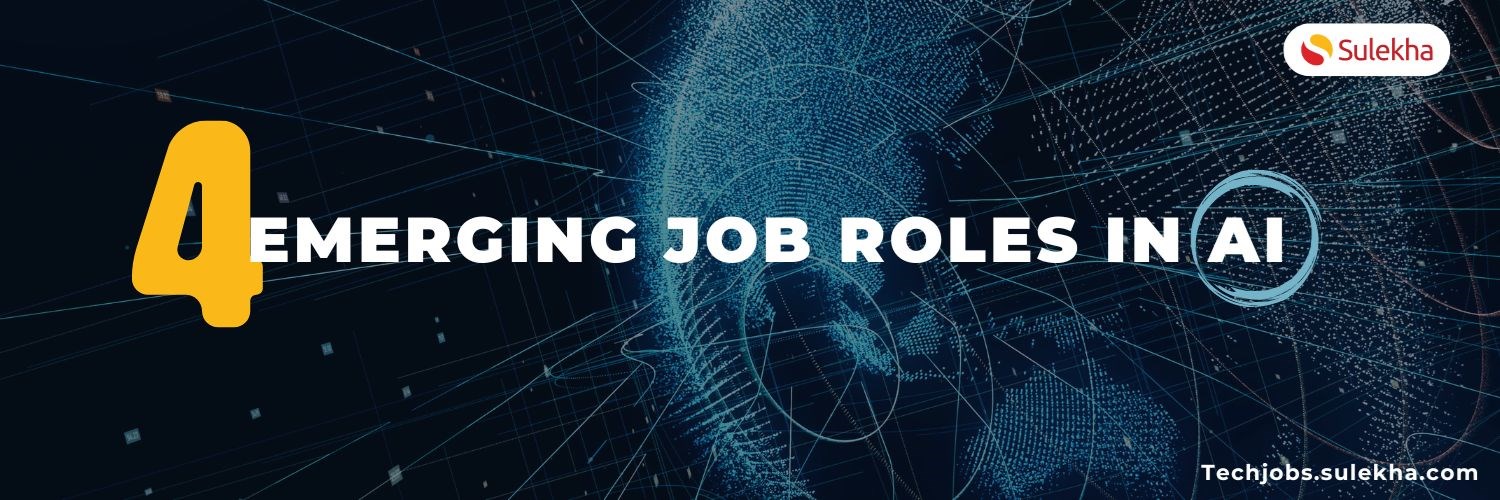
Four emerging job roles in AI
As we all know, Artificial Intelligence is rapidly becoming one of the most sought-after career paths in the tech industry. With its broad applications across industries, it has given rise to specialized roles such as AI ethicist, who ensures that AI solutions adhere to ethical standards, and AI safety engineer, who focuses on the safety and reliability of AI systems. Additionally, roles like AI trainer involve teaching AI systems to process data more effectively, while interaction designers work on crafting intuitive human-machine interactions. These emerging careers are shaping the future of technology, blending technical expertise with ethical and creative problem-solving.
AI has become an integral part of our daily lives and instils the spring truth of modes ting the technology of every industry, from automation to manufacturing. Moreover, AI leaped into offering job roles in the upcoming years. Now, we shall discuss each job role offered by AI Artificial intelligence.
AI ethicist
The role of an AI ethicist is of utmost importance. They identify, evaluate, and resolve ethical issues and concerns about creating and implementing artificial intelligence (AI) systems. Their work is essential in ensuring that AI technologies are developed and applied consistently with ethical standards, human values, and social accountability.
Responsibility
An AI ethicist ensures that AI systems are developed to promote fairness, transparency, and accountability while addressing ethical concerns such as bias, discrimination, and privacy.
They work closely with AI developers and stakeholders to establish ethical guidelines and frameworks that guide responsible AI deployment, ensuring compliance with legal standards and societal values.
Skills
Deep understanding of ethical principles
Good communication and critical thinking
AI-based technological knowledge
Understanding of social science, philosophy, and regulation.
AI trainer or AI Engineer
AI algorithms, like humans, require continuous training and integration of new algorithms for better outcomes and performance. The AI engineer's role is dynamic, involving the updating of AI models with relevant data and instructions. Continuous learning and upgrades are key to providing better inferencing.
Responsibility
The primary responsibility of AI trainers or engineers is to fine-tune the algorithms, consistently update new models, continuously monitor and examine performance, label prepared datasets, and make training parameters.
Skills
Should have an in-depth understanding of deep learning and machine learning
Knowledge of programming languages like R, python
Well-versed in AI tools and data analyzing skills.
AI interaction designer
AI-powered devices and applications have become prevalent. The role of the AI interaction designer in creating user-friendly experiences has never been more important. They are responsible for facilitating smooth and user-friendly interaction between humans and computers.
Responsibility
An AI interaction designer is responsible for creating user-friendly and intuitive interfaces that facilitate seamless interactions between users and AI systems, ensuring the technology is accessible and easy to understand.
They focus on designing the flow of communication between humans and AI, optimizing how users input information and how AI provides feedback to create a smooth and engaging user experience.
Skills
Should understand UI- User interface and UX- user experience.
A firm grasp of AI concepts, machine learning, and natural language processing to effectively design interactions that utilize AI capabilities.
Prototyping and Wireframing
AI safety engineer
AI safety engineers must ensure that AI systems operate securely and ethically without causing unintended harm or risks.
Responsibility
An AI safety engineer is responsible for identifying and mitigating risks associated with AI systems, ensuring they operate securely and ethically in various environments.
They develop safety protocols and conduct rigorous testing to prevent unintended behaviors or harmful consequences from AI models during deployment.
Skills:
Risk Assessment and Mitigation
AI and Machine Learning Knowledge
Programming Skills
Cybersecurity Awareness
Ethics and Regulatory Compliance
In conclusion, as AI continues to evolve, the roles emerging within this field will only become more crucial to the technological landscape. The careers of AI ethicists, AI trainers, interaction designers, and AI safety engineers highlight the breadth of opportunities in this sector, reflecting the diverse skills needed to shape AI responsibly and effectively. Whether focusing on ethical compliance, system performance, user experience, or safety, these professionals are at the forefront of ensuring AI's integration into our daily lives is secure, fair, and beneficial for society as a whole. The future of AI is not just in innovation, but also in the hands of those who guide its responsible use.
Find a course provider to learn Artificial Intelligence Engineer
Java training | J2EE training | J2EE Jboss training | Apache JMeter trainingTake the next step towards your professional goals in Artificial Intelligence Engineer
Don't hesitate to talk with our course advisor right now
Receive a call
Contact NowMake a call
+1-732-338-7323Enroll for the next batch
Artificial Intelligence Engineer
- Dec 15 2025
- Online
Artificial Intelligence Engineer
- Dec 16 2025
- Online
Artificial Intelligence Engineer
- Dec 17 2025
- Online
Artificial Intelligence Engineer
- Dec 18 2025
- Online
Artificial Intelligence Engineer
- Dec 19 2025
- Online
Related blogs on Artificial Intelligence Engineer to learn more

Artificial Intelligence – A Growing Field of Study for Modern Learners
Artificial Intelligence is becoming a top study choice due to high job demand and future scope. This blog explains key subjects, career opportunities, and a simple AI study roadmap to help beginners start learning and build a strong career in the AI

Train Like an AI Engineer: The Smartest Career Move You’ll Make This Year!
Why AI Engineering Is the Hottest Skillset Right Now From self-driving cars to chatbots that sound eerily human, Artificial Intelligence is no longer science fiction — it’s the backbone of modern tech. And guess what? Companies across the USA and Can
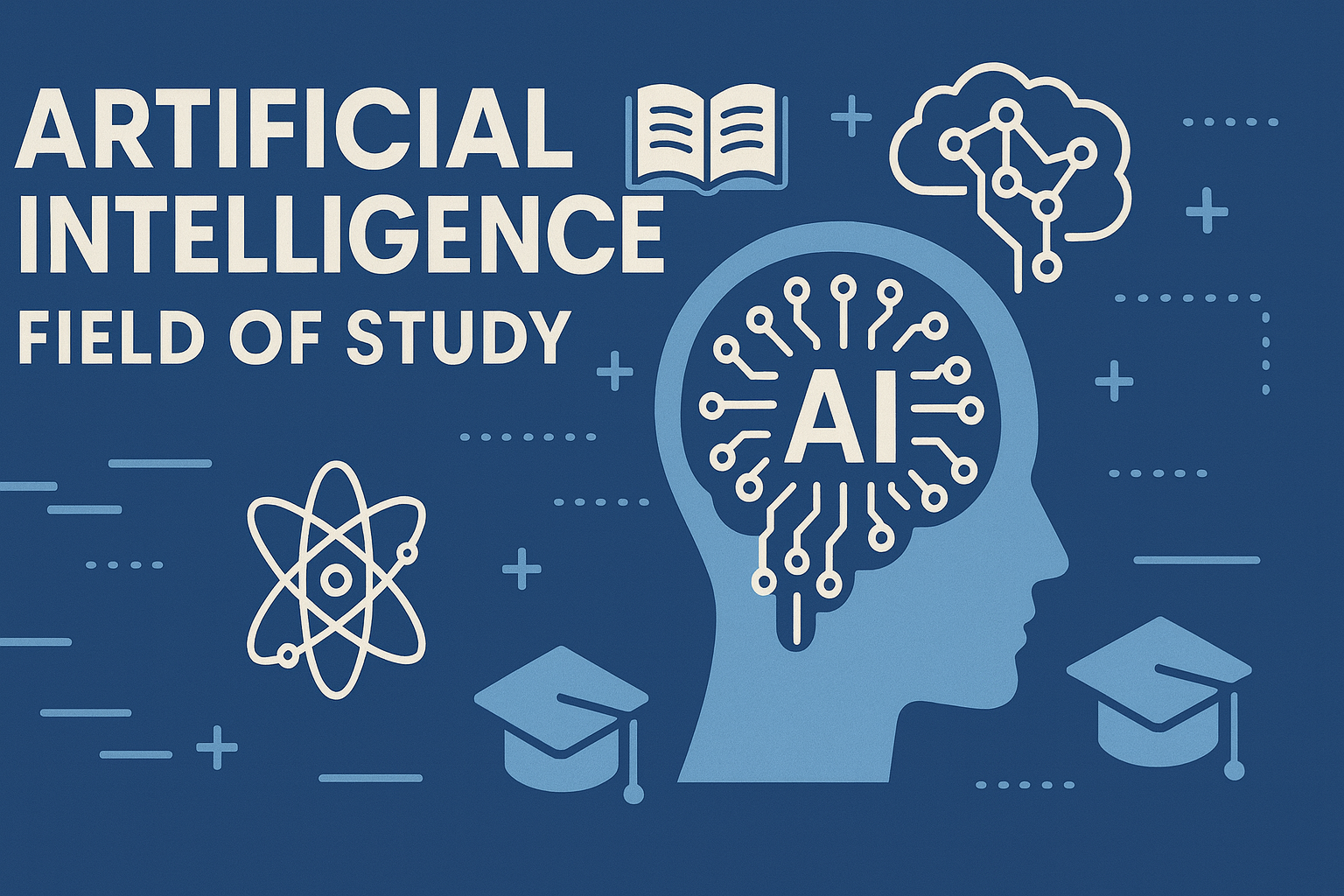
Artificial Intelligence – Field of Study
Explore how Artificial Intelligence blends Machine Learning, Deep Learning, NLP, and Computer Vision to build intelligent systems that learn, reason, and decide. Discover real world applications, ethics, and booming career scope as AI education deman
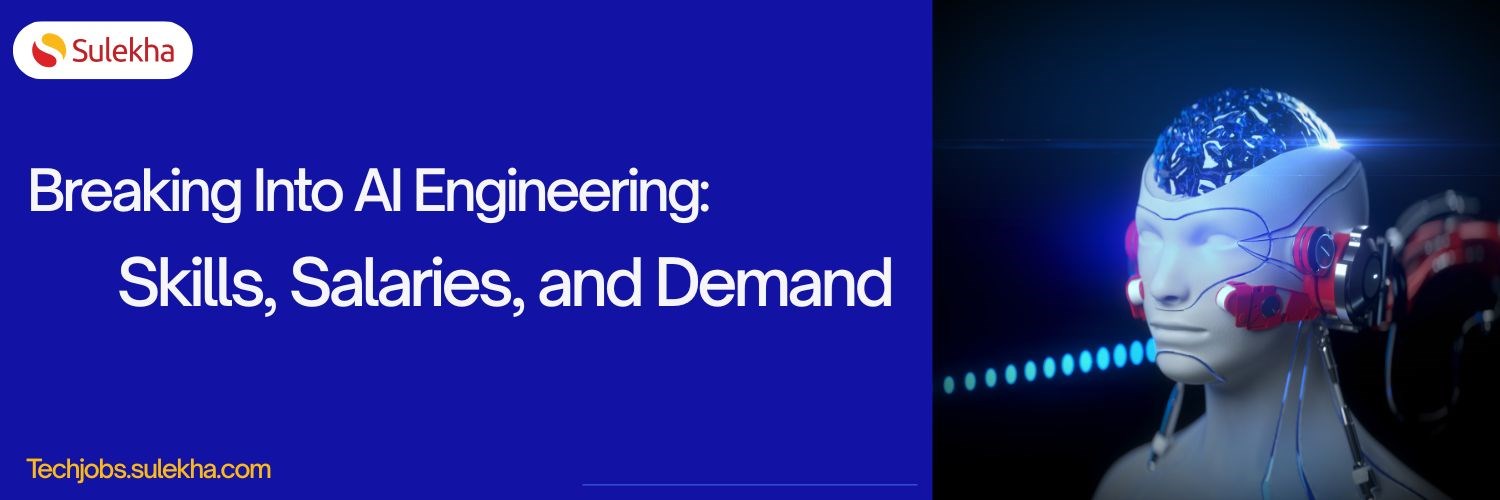
Breaking Into AI Engineering: Skills, Salaries, and Demand in the US
Discover how to break into AI engineering with insights on essential skills, salary expectations, and rising demand in the US. Learn about career paths, certifications, and how to succeed in one of tech’s fastest-growing fields.
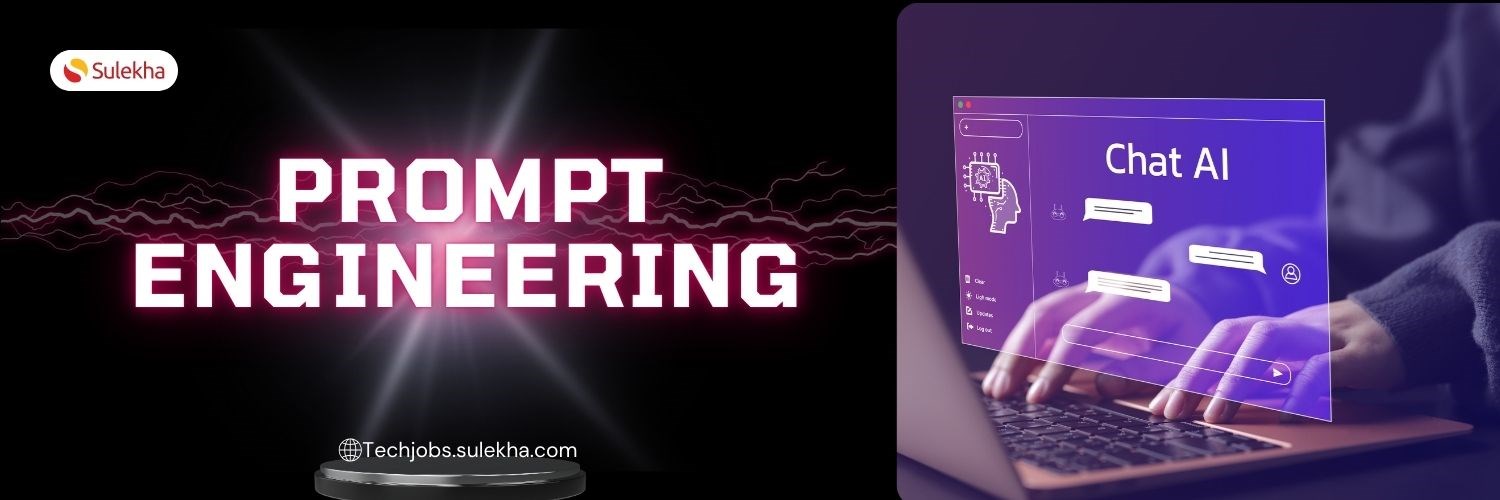
Prompt Engineering
We have discussed comprehensive entitles of what is prompt engineering, types of prompts, element and method of prompt engineering, and application of prompt engineering in-detail.
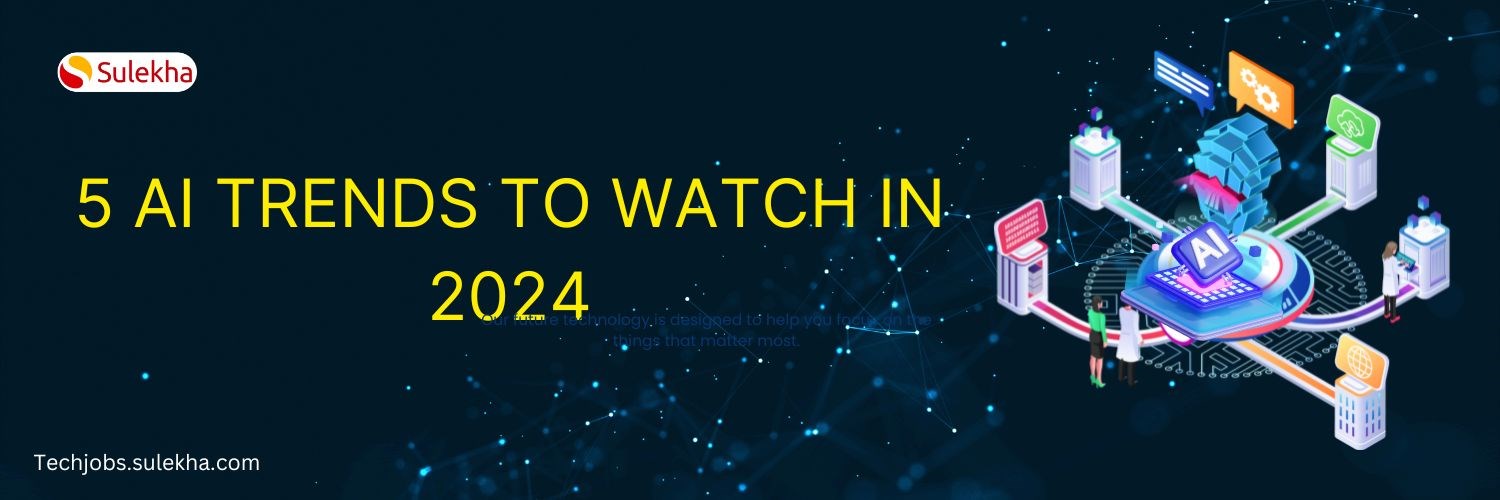
5 AI Trends to Watch in 2024
Discover the top 5 AI trends that will shape the future in 2024, from advancements in natural language processing to the growing impact of AI on healthcare and beyond.
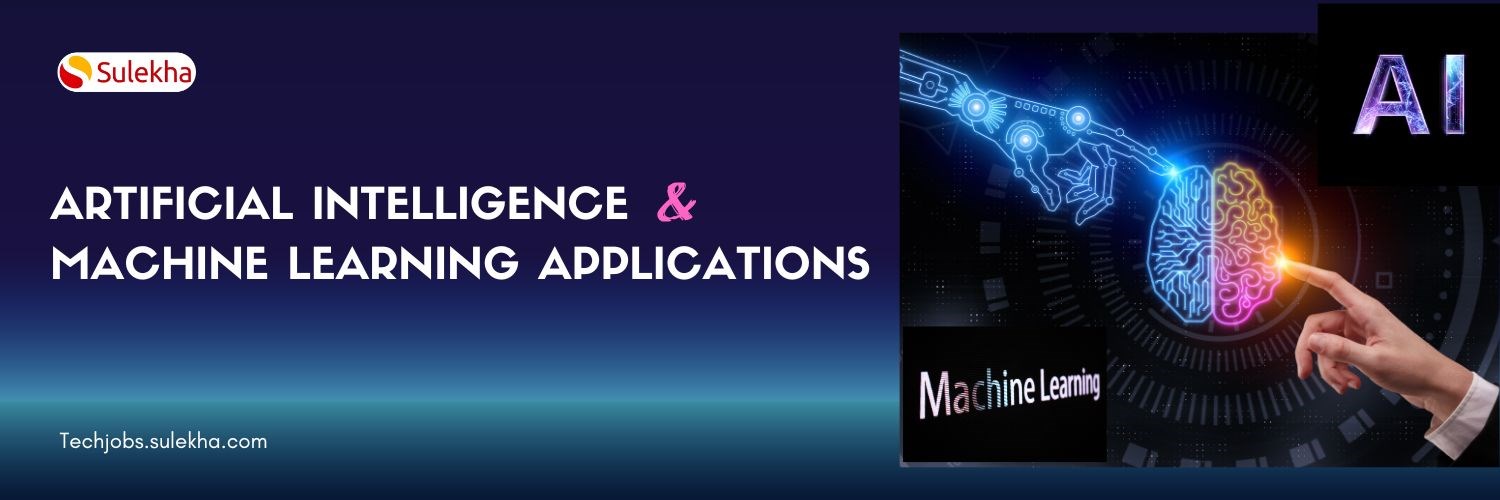
Artificial Intelligence and Machine Learning applications
Discover the vast applications of Artificial Intelligence (AI) and Machine Learning (ML) across various industries, from healthcare to finance, and learn how these technologies are transforming the way we live and work.
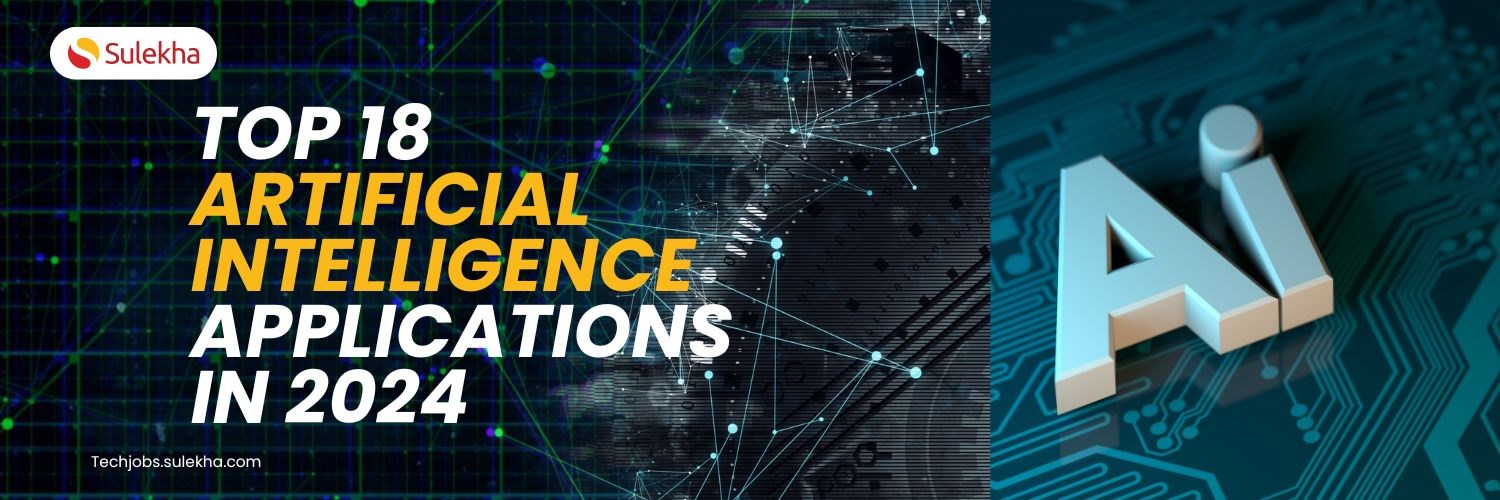
Top 18 Artificial Intelligence Applications in 2024
Explore the diverse applications of machine learning in various industries, including healthcare, finance, retail, and transportation.
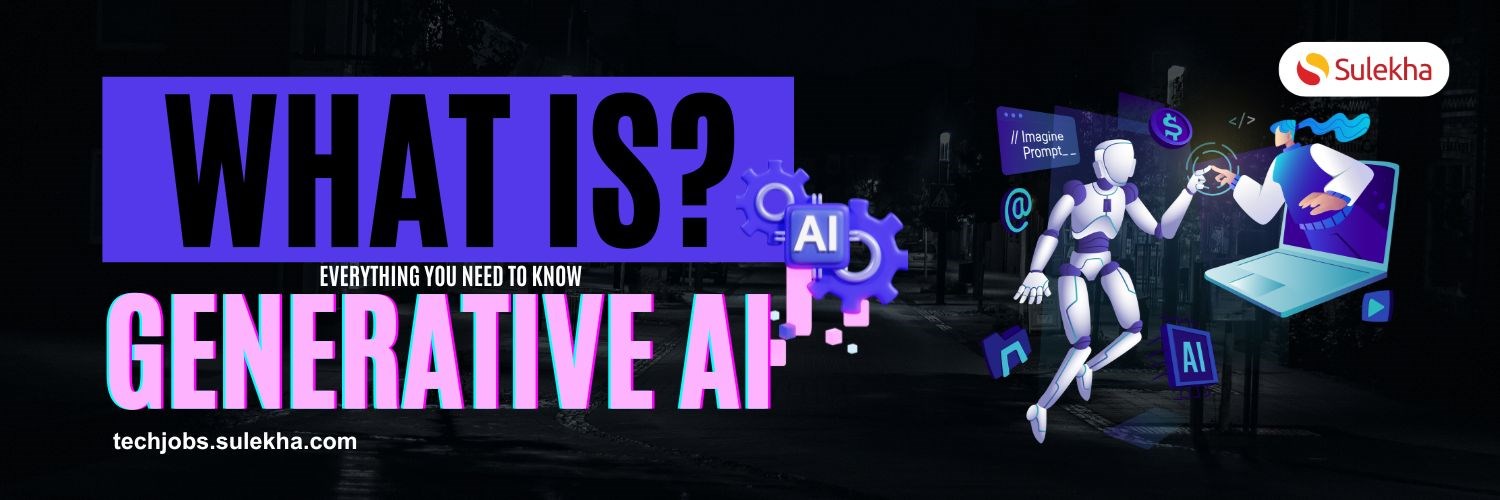
What is Generative AI? Everything You Need to Know
Generative AI is not just a career path; it's a gateway to a future where innovation and creativity intersect. This blog uncovers why generative AI is not just a career but a pathway to shaping the future of work.
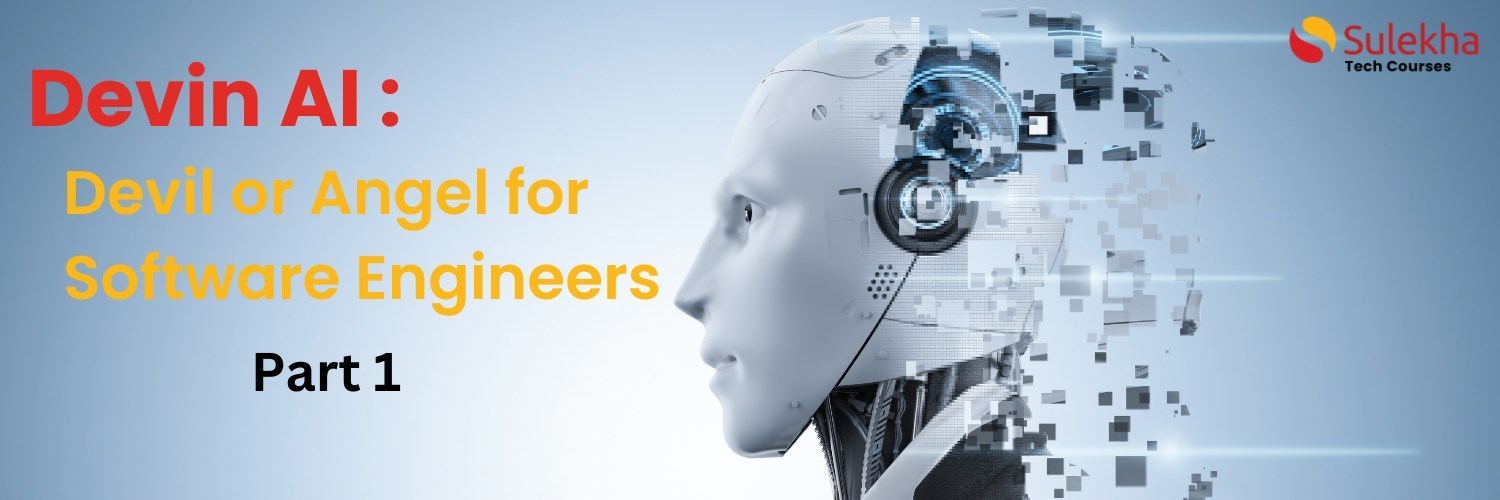
Devin AI - Friend or Foe of Software Developers
In a groundbreaking leap for artificial intelligence, US-based startup Cognition has unveiled Devin AI - an autonomous AI system capable of conceptualizing, designing, and coding software from scratch. This remarkable feat ushers in a new era, blurri
Latest blogs on technology to explore

From Student to AI Pro: What Does Prompt Engineering Entail and How Do You Start?
Explore the growing field of prompt engineering, a vital skill for AI enthusiasts. Learn how to craft optimized prompts for tools like ChatGPT and Gemini, and discover the career opportunities and skills needed to succeed in this fast-evolving indust

How Security Classification Guides Strengthen Data Protection in Modern Cybersecurity
A Security Classification Guide (SCG) defines data protection standards, ensuring sensitive information is handled securely across all levels. By outlining confidentiality, access controls, and declassification procedures, SCGs strengthen cybersecuri

Artificial Intelligence – A Growing Field of Study for Modern Learners
Artificial Intelligence is becoming a top study choice due to high job demand and future scope. This blog explains key subjects, career opportunities, and a simple AI study roadmap to help beginners start learning and build a strong career in the AI

Java in 2026: Why This ‘Old’ Language Is Still Your Golden Ticket to a Tech Career (And Where to Learn It!
Think Java is old news? Think again! 90% of Fortune 500 companies (yes, including Google, Amazon, and Netflix) run on Java (Oracle, 2025). From Android apps to banking systems, Java is the backbone of tech—and Sulekha IT Services is your fast track t
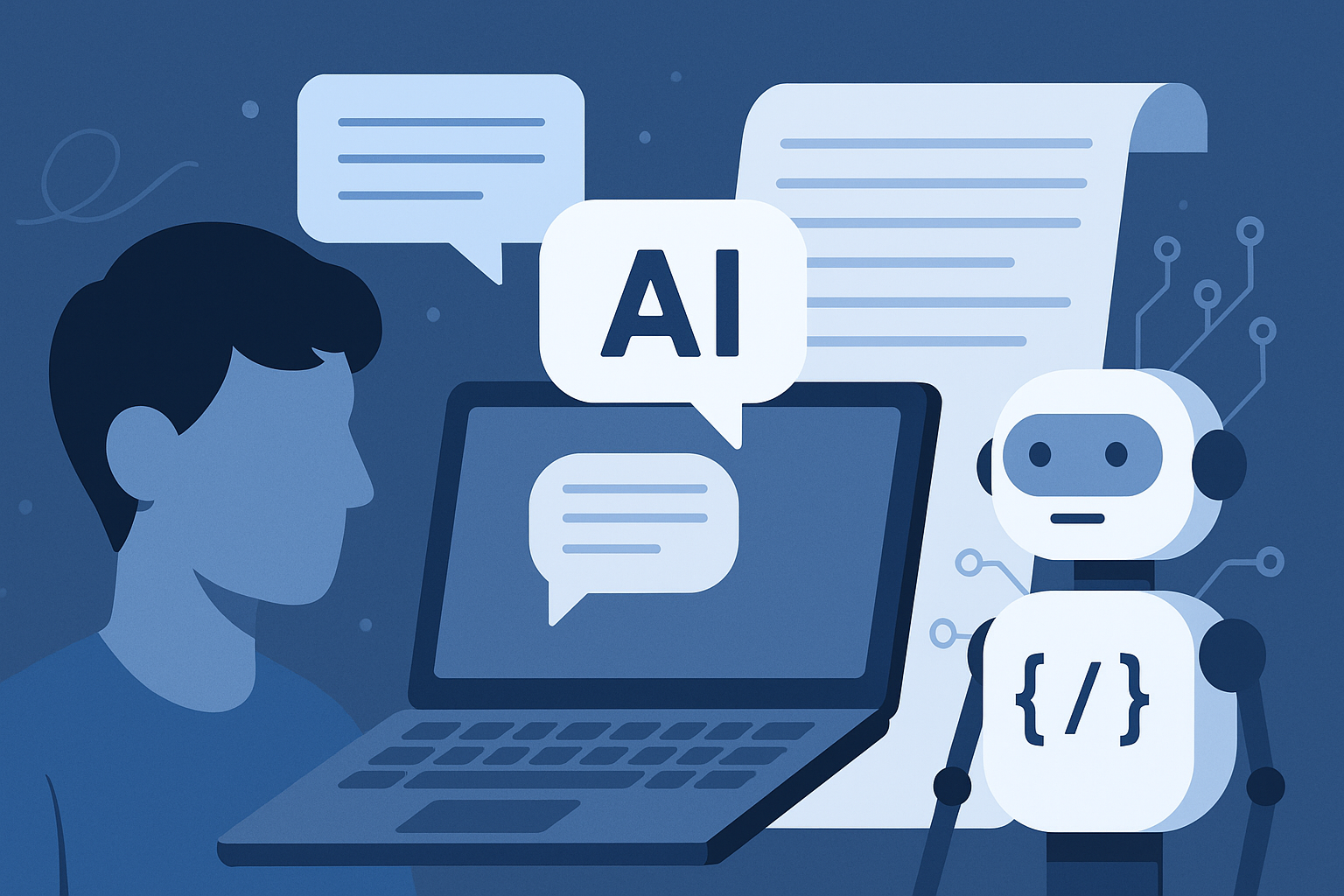
From Student to AI Pro: What Does Prompt Engineering Entail and How Do You Start?
Learn what prompt engineering is, why it matters, and how students and professionals can start mastering AI tools like ChatGPT, Gemini, and Copilot.

Cyber Security in 2025: The Golden Ticket to a Future-Proof Career
Cyber security jobs are growing 35% faster than any other tech field (U.S. Bureau of Labor Statistics, 2024)—and the average salary is $100,000+ per year! In a world where data breaches cost businesses $4.45 million on average (IBM, 2024), cyber secu

SAP SD in 2025: Your Ticket to a High-Flying IT Career
In the fast-paced world of IT and enterprise software, SAP SD (Sales and Distribution) is the secret sauce that keeps businesses running smoothly. Whether it’s managing customer orders, pricing, shipping, or billing, SAP SD is the backbone of sales o

SAP FICO in 2025: Salary, Jobs & How to Get Certified
AP FICO professionals earn $90,000–$130,000/year in the USA and Canada—and demand is skyrocketing! If you’re eyeing a future-proof IT career, SAP FICO (Financial Accounting & Controlling) is your golden ticket. But where do you start? Sulekha IT Serv

Train Like an AI Engineer: The Smartest Career Move You’ll Make This Year!
Why AI Engineering Is the Hottest Skillset Right Now From self-driving cars to chatbots that sound eerily human, Artificial Intelligence is no longer science fiction — it’s the backbone of modern tech. And guess what? Companies across the USA and Can
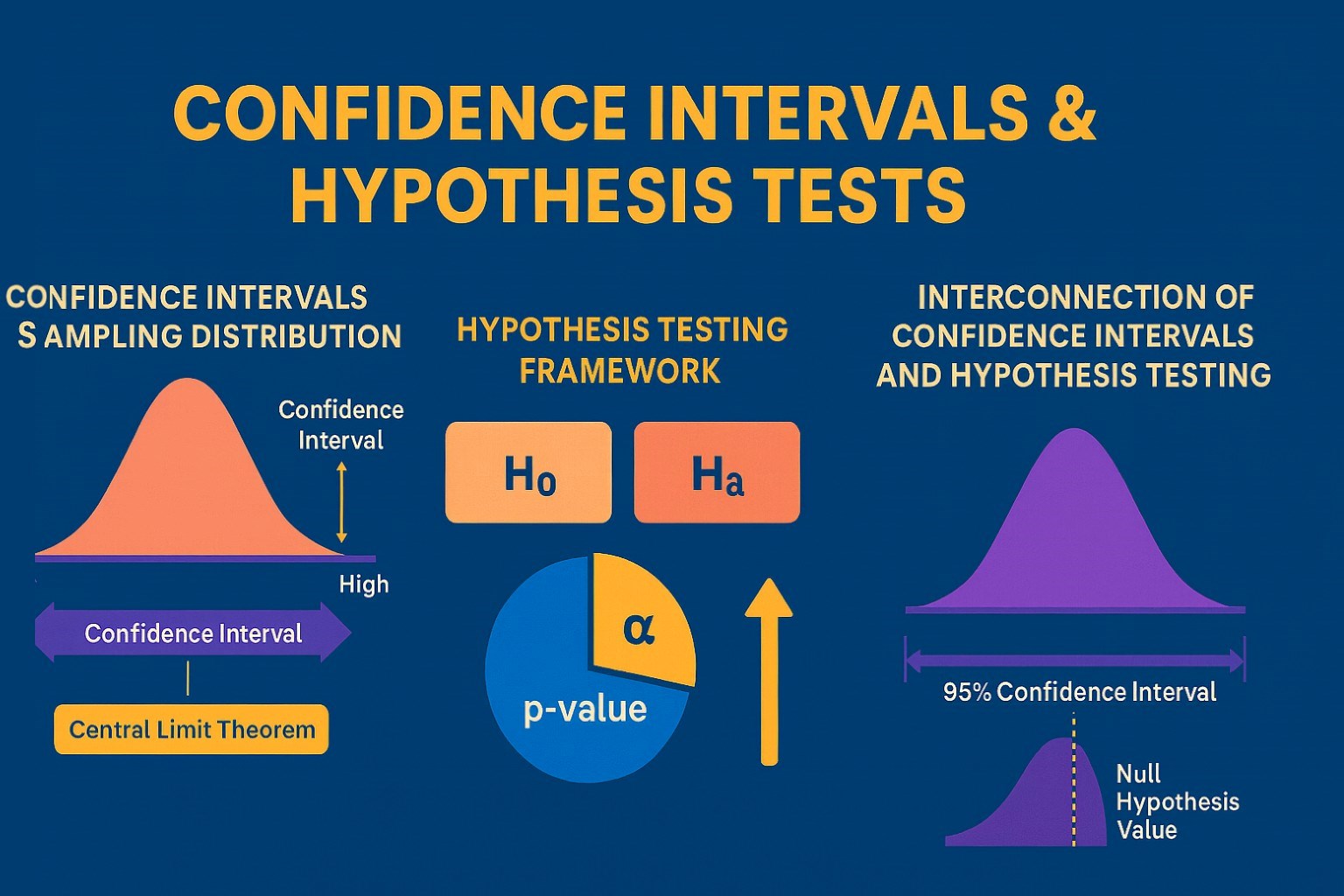
Confidence Intervals & Hypothesis Tests: The Data Science Path to Generalization
Learn how confidence intervals and hypothesis tests turn sample data into reliable population insights in data science. Understand CLT, p-values, and significance to generalize results, quantify uncertainty, and make evidence-based decisions.